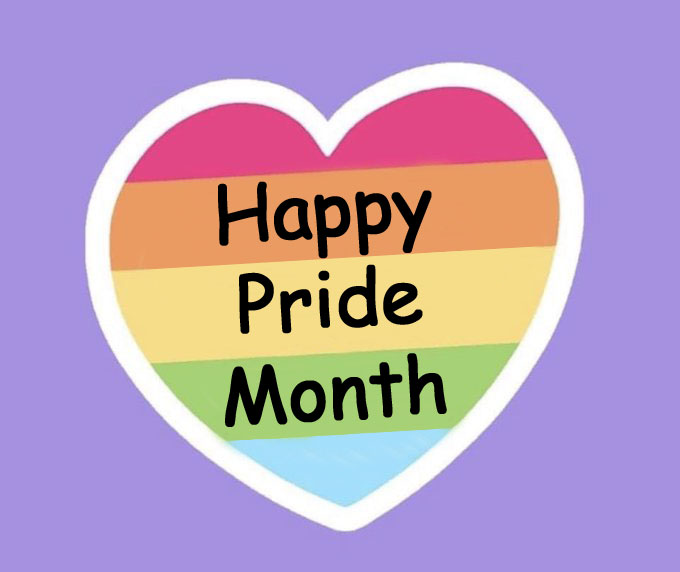On Dangerous Ground
How dangerous a thing it is to claim a mantle of being God’s chosen people living on God’s promised land, and not scrupulously following God’s laws! The land itself will spew them out.
And yet, that’s exactly what a massive number of American evangelical Christians are doing – even as they celebrate the horrible injustices being carried out by their government, violating the single most emphasized commandment in the Bible.
On Dangerous Ground Read More »









